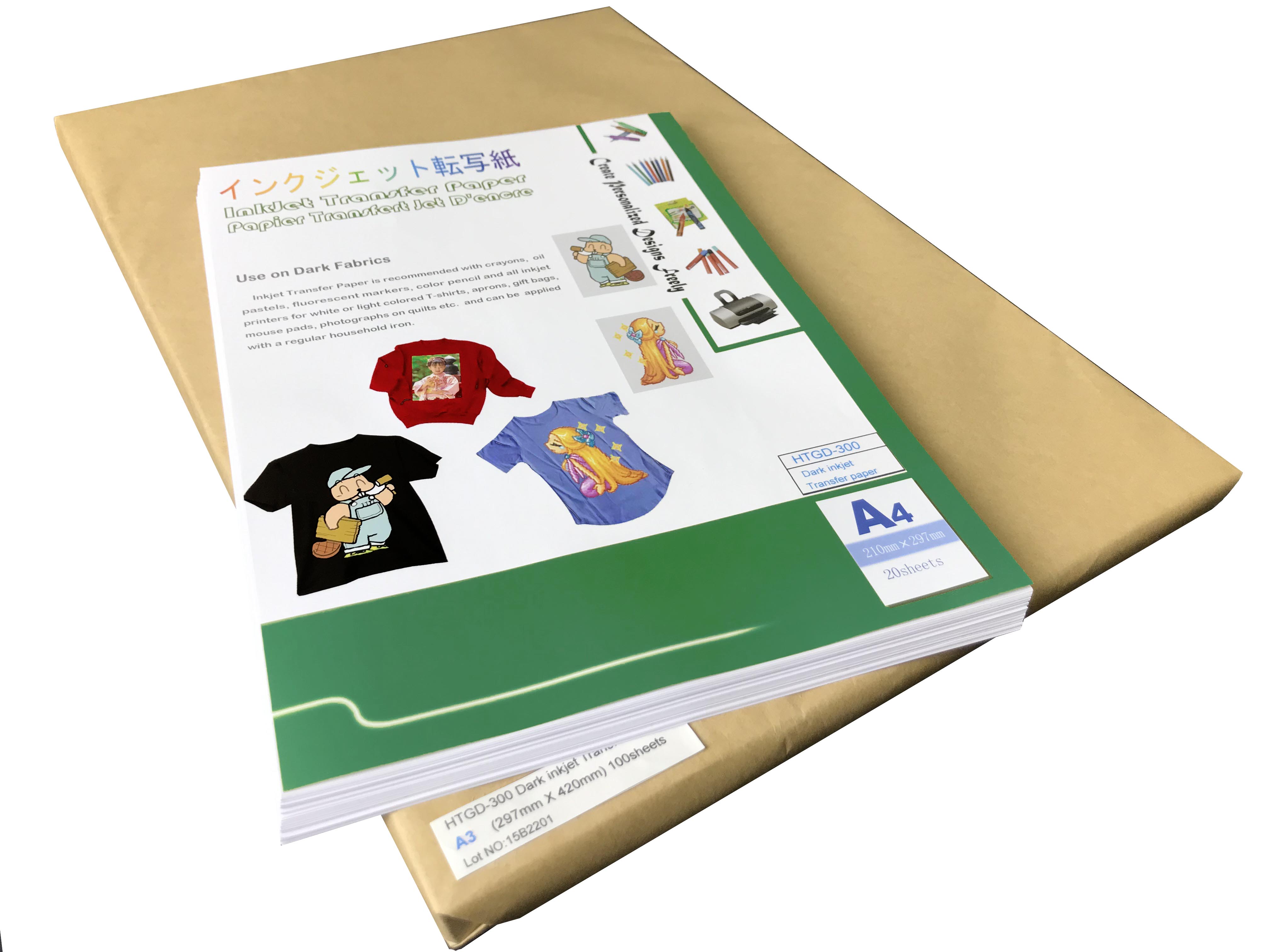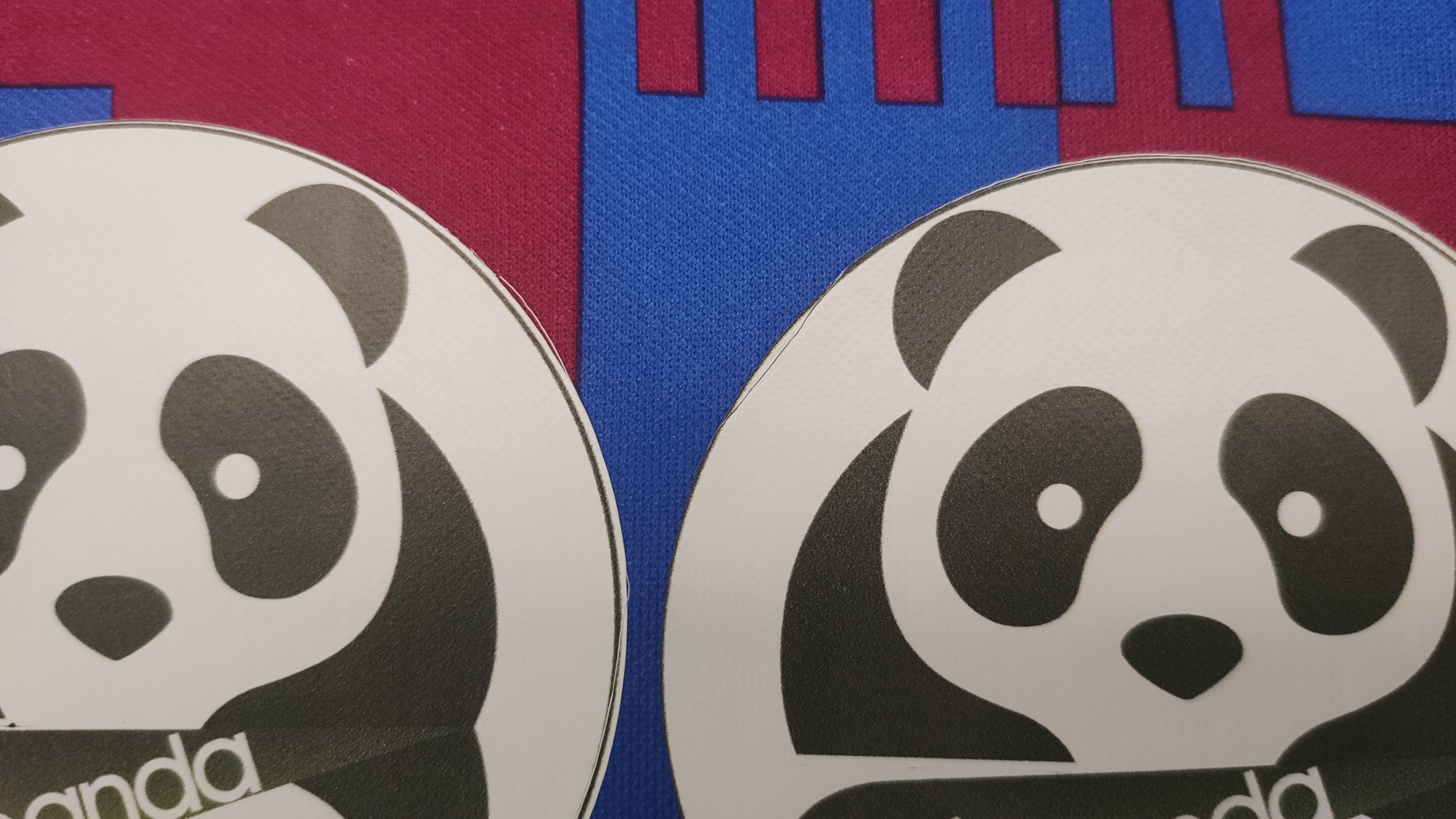Shampooing your hair has been the go-to routine for most of us since childhood. After all, we're told that lathering our locks keeps them shiny, healthy, and clean. But what if I told you that shampooing your hair less, or not at all, may actually be beneficial?
That's the journey I decided to take, and I'm here to share my honest review of what it was like going five weeks without shampooing my hair. Full Color Digital Transfers

Like many others in the past couple of years, I have been on this journey of doing deep dives into how the things we consume daily affect our overall health. This is how I learned that certain hygiene products, like heavily fragranced body washes, were the cause of my skin's sensitivity issues and that the fabric softeners I use to keep my clothes smelling fresh and clean were the cause of some skin allergies and body acne I have been experiencing.
Finally, I got into the haircare aspect of my grooming routine and learned that shampooing my hair as often as I had been was actually harming it by stripping away the natural oils and leaving my strands looking dull, dry, and lifeless. I learned that commercial shampoos often contain harsh detergents, dyes, and fragrances that strip away the natural oils from our hair, leaving it dry and brittle. Additionally, some other ingredients frequently found in shampoos, like silicones, can also build up on the scalp, causing the follicles to become clogged and lead to itching, dandruff, and even severe conditions like folliculitis, seborrheic dermatitis, and ultimately hair loss.
But then I learned about the "no-poo" movement, which promotes the idea of ditching shampoo altogether and using natural alternatives such as baking soda, apple cider vinegar, and other oils. This movement was started by people who decided to switch from commercial shampoos and conditioners to natural alternatives and have seen tremendous results in the process.
Shampooing my hair was actually harming it, stripping away the natural oils and leaving it dull and dry.
I was intrigued, so, armed with the knowledge of how bad shampoos can be for your hair and curious to see what kind of results I would get, I decided to give the "no-poo" method a try and stop shampooing my hair for five weeks straight.
When I first took the plunge and stopped shampooing, I was worried about how my hair would fare without the lathery suds of a good old shampoo and conditioner. I also watched countless TikTok and YouTube videos of people saying that the hair will take its sweet time to adjust to the new routine and that I should expect it to be a frustrating and bumpy ride along the way. So, with all that in mind, I started my five-week journey of not shampooing, and here's how it went:
Week one of not shampooing my hair started with me feeling pretty confident that I could tackle this challenge. My medium-thick, wavy hair usually needs to be washed every 4-5 days, so I knew I would be fine for the first week. However, by the end of the week, I was getting agitated as my hair seemed greasier than usual, and I was having difficulty managing it.
There was a psychological element to this as well since we’re creatures of habit, and after years of washing my hair every 4-5 days, it felt strange and frustrating not to do so and accept the fact that my hair didn't look the way I was used to it looking. But, knowing that the transition period would take some time, I decided to put my hair up in a clip and rock it as my "clean girl" look until it was time for rinsing.
Week two was when I started rinsing my hair with water every other day. Before rinsing, I made sure to brush through my hair and distribute the oil from my scalp down my strands, ensuring everything was nicely coated, and my strands were receiving all the benefits from the moisturizing and strengthening lipids naturally found in our oil.
Now, I'm not going to lie and say I wasn't mildly freaking out when my hair felt even greasier after rinsing, but I was also starting to see why this routine could work.
Week two of rinsing only with water showed me that my hair would feel greasy while styling it with a blowdry and following up with a straightener to iron out some unruly strands; however, by the time my styling routine was done, my hair looked and felt pretty normal, with no greasy scalp in sight, only slightly heavier.
In week three, I decided to try out some natural alternatives to shampoo, such as baking soda and apple cider vinegar. I mixed baking soda with water to make a paste-like consistency, massaged it into my scalp for a few minutes, then rinsed it. Then I followed up with a rinse of apple cider vinegar to make sure all the baking soda was removed from my hair.
Now, this was a real game changer because my hair went from feeling heavy to the closest thing to clean hair I had felt in weeks. My scalp was fresh, my ends were soft and hydrated, and the overall texture of my hair was silky smooth. I also noticed that my hair wasn't frizzy, which is something I constantly deal with because I live in a hot and humid climate, so keeping my strands under control on a particularly humid day is always a challenge.
I found out there's a good explanation of why apple cider vinegar has this frizz-removing effect on the hair, and it all comes down to the acetic acid content, which helps balance the pH of your scalp and close the cuticles of your hair shaft to retain moisture. Once the hair can retain moisture, the frizz is out the door because frizzy hair actually means dry and damaged hair due to its inability to keep moisture in the strands, which is caused by drying surfactants in shampoos.
Week four, and three apple cider vinegar rinses later, my hair started to feel more manageable and healthier. I also experienced a complete change in texture, with my hair being silky, shiny, smooth, and heavy, instead of becoming frizzy as soon as I clicked the button on my hairdryer. In fact, my hair was so hydrated that I realized my usually wavy texture was just frizz caused by an over-drying shampoo routine and the use of hot tools. My hair was now naturally thick, straight, and in the best shape it had been in for a long time.
My hair was now so hydrated I realized my usually wavy texture was just frizz caused by an over-drying shampoo.
By week five, I was aware that, although challenging at first, my hair was taking to the new routine quite well. My scalp was healthy and nourished, my hair strong and hydrated, my natural texture was back in shape, and I had stopped using hot tools. Now, I only used a round brush to guide my ends inwards and create that cute flick at the end. By this point, my hair looked way better than it had when I started the experiment.
I also remembered seeing a video of someone saying that their hair growth had actually improved since they stopped shampooing; however, although I didn't notice a change in length besides the usual monthly growth, I actually did notice my hair looking fuller, especially on the scalp where I had previously experienced a significant amount of thinning.
This might've very well been the result of brushing my hair multiple times a day to distribute the natural oils, which, besides keeping it nourished and healthy, also improved circulation, which is essentially the key to improving hair growth because it boosts the scalp's ability to receive the essential nutrients needed to sustain hair health.
During the five weeks of my experiment, it was easy to forget that I was not using any shampoo, and although it can get a bit tricky in the beginning since you have to find the right balance for your scalp, I do recommend trying it out. However, even though this method worked surprisingly well for me, it's important to note that some hair might not take to the transition the same way mine did.
Another thing worth mentioning is that shampoos, although they can damage your hair, do a good job at removing the oil from your scalp, and while this is not necessarily a great thing, it's important to note that oils, like silicones, can also build up on the scalp, and cause clogging, which can essentially lead to bacterial overgrowth and ultimately hair loss. So, if you want to try the "no-poo" method, it's important to note that brushing regularly, as well as removing excess oil with natural methods such as baking soda and apple cider vinegar rinses, is absolutely essential to keep your scalp healthy and your hair growing. And, if you do decide to give it a go, make sure you stick with it for at least five weeks, which is the time it took me to get used to the routine and adjust my styling habits.
My hair is constantly changing, and I feel like I'm finally discovering what it actually looks like and what it "likes" after using shampoo my whole life. So, I'm sure I am going to experience many more changes, and I'm excited to keep exploring how my hair continues to respond to the new routine. Although I'm not sure if I'll keep up with this method indefinitely, I enjoyed the experience and learned a lot of new things about my hair, so I'm happy I challenged myself to something new and embraced the no-poo lifestyle for a little while.
To conclude my experiment, I was genuinely surprised with the results and would recommend this routine to anyone who wants to boost their hair health and potentially improve their hair growth. It's an interesting journey that requires quite a bit of adjustment and patience, but the results can be rewarding. So, if you're looking for an alternative to your usual shampooing routine, I definitely recommend giving it a go, as you'll likely find out a lot more about your hair and scalp than you initially thought you knew.

Inkjet and Laser Heat Transfer Paper Don’t miss anything! Sign up for our weekly newsletter and get curated content weekly!